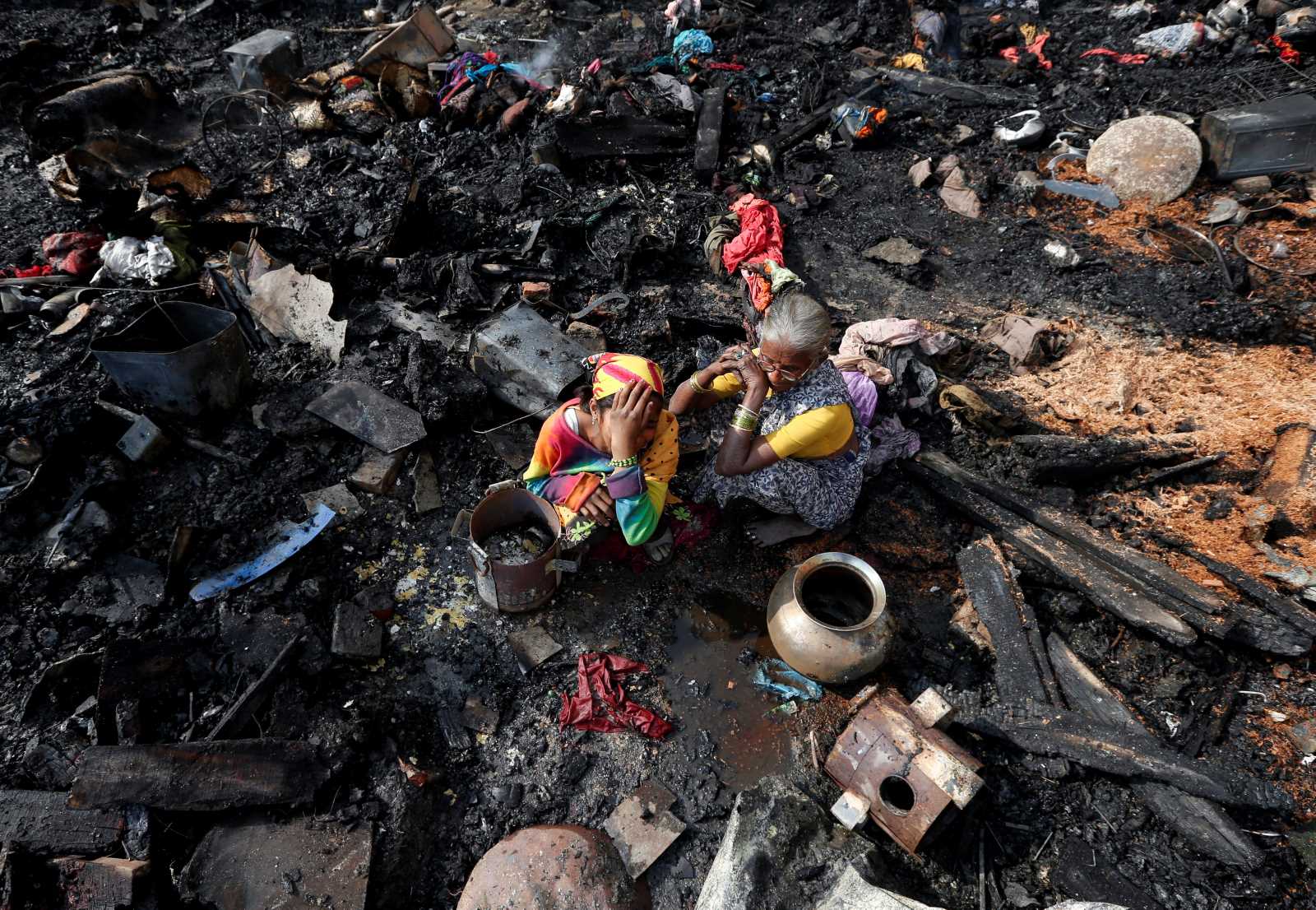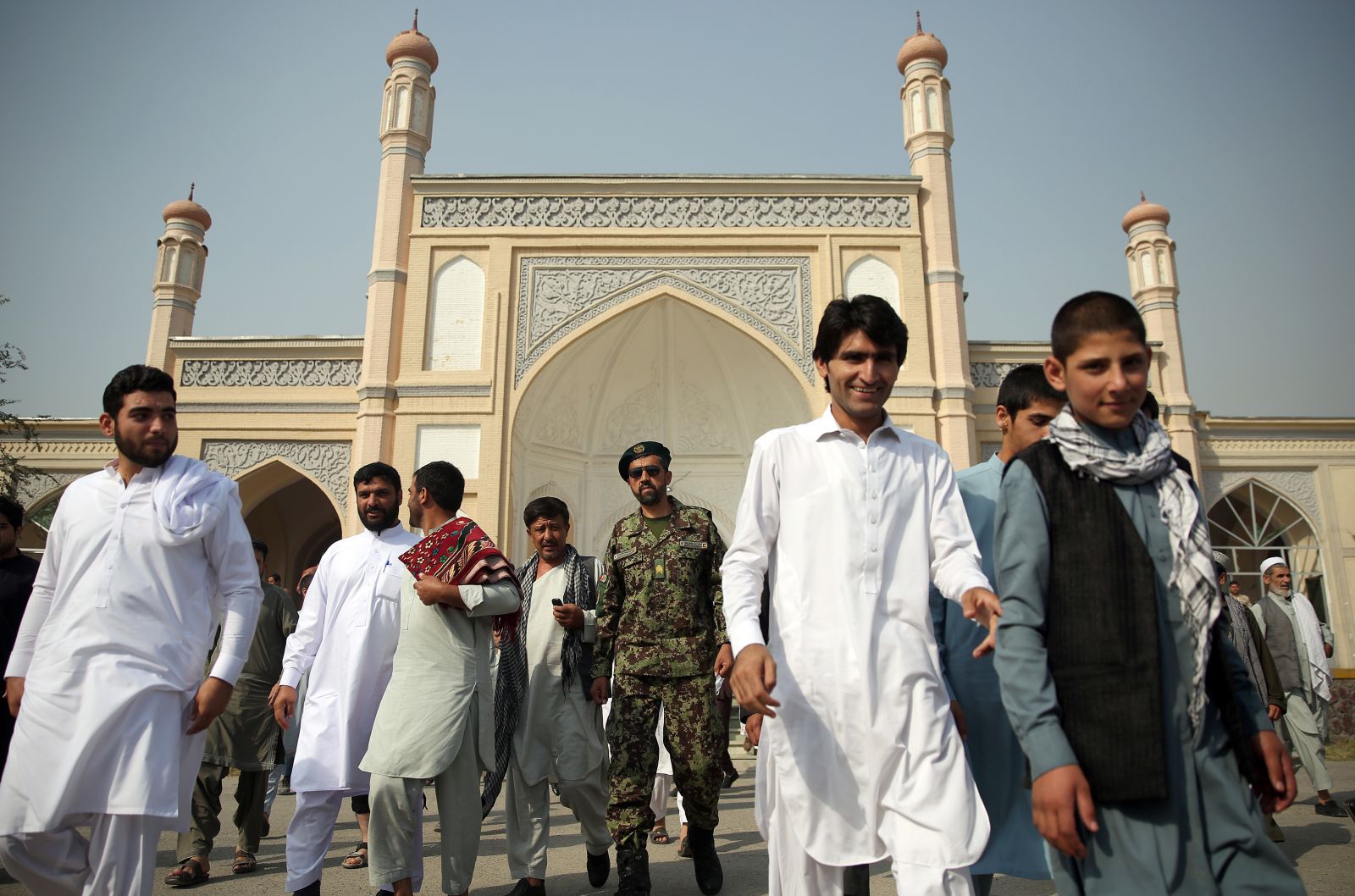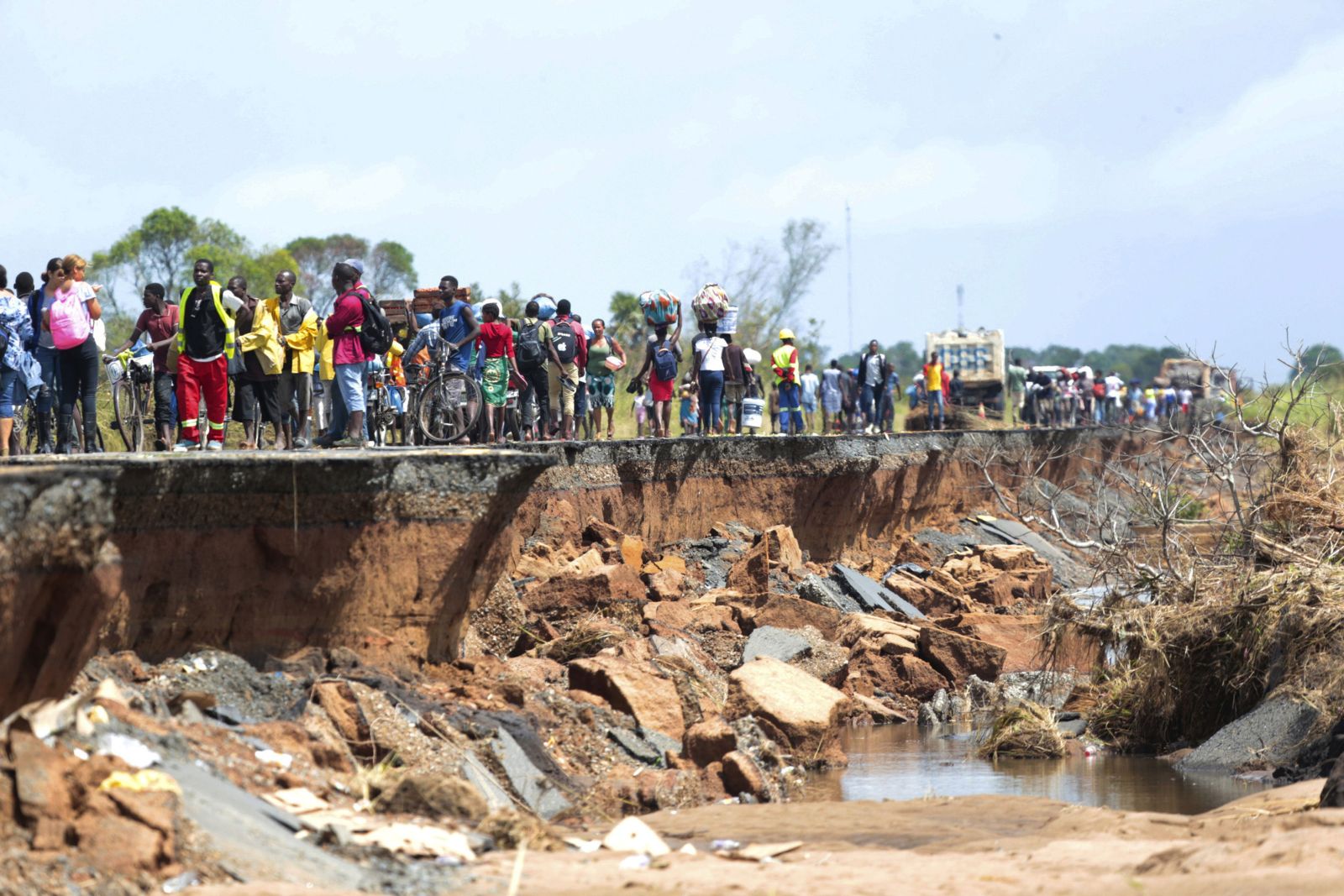Fatal fires
When building regulations are not followed

Nepal’s fire hazards show no sign of diminishing, despite formal safety rules contained in the country’s building codess. In the fiscal year 2020/2021, 99 people died and 342 were injured in almost 2700 fire inicidents across the country, according to the Ministry of Home Affairs. The actual number is most likely higher, as many cases go unreported or unrecorded. Fire risks are present in all types of settings, from modern urban high-rises to shanties in remote rural areas (see main story).
The immediate causes of blazes typically include electric short circuits, improper use of oil lamps or candles, improperly discarded cigarette butts and gas leakages. But the actual cause of death is all too often a deficient alarm system or the inability of rescue vehicles to arrive on time.
In February 2022, for example, four children and one adult died in a house fire in one of Nepal’s digitally connected, so-called smart cities. The fire began in a shoe store on the ground floor of the building. There was no alarm in place to alert people on upper floors. Victims sleeping on the third and fourth floors were asphyxiated by smoke before help could reach them.
Lack of basic safety equipment such as fire alarms and fire extinguishers is widespread, despite rules requiring these devices. In January 2019, a couple and their child were severely burnt when their apartment caught fire. There was no fire alarm, and no one responded to their cries for help. By the time rescue vehicles arrived, it was too late.
All too often, once a fire starts it can be difficult to contain because of the construction materials used. Many houses in Nepal are made of wood and other combustible materials. The risks multiply when fire engines are slowed by poor roads or when they arrive ill-equipped. Not all cities and towns have adequate fire engine services. And not all settlements are connected to proper roads.
Rukamanee Maharjan is an assistant professor of law at Tribhuvan University, Kathmandu.
rukumaharjan@gmail.com











